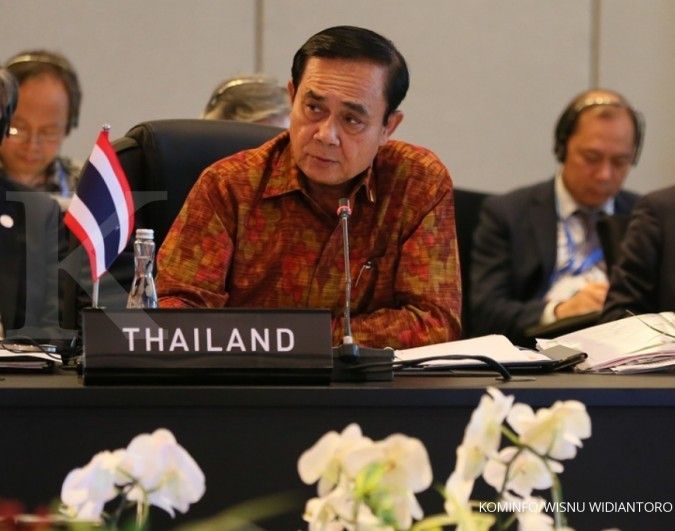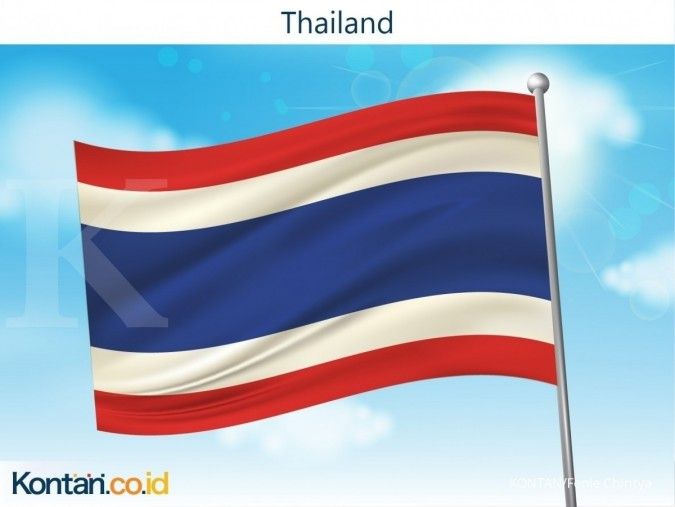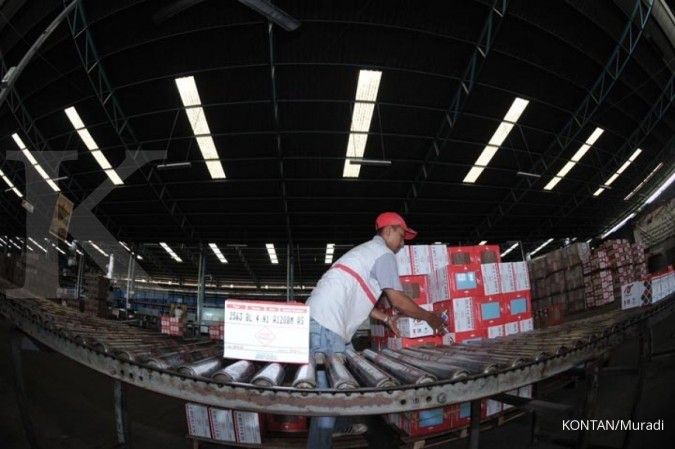PEMBERANTASAN ILEGAL FISHING - BANGKOK. Thailand on Wednesday welcomed a decision by the European Commission to drop the Southeast Asian nation from a list of countries it had warned over illegal and unregulated fishing.
In 2015, the world's third largest exporter of seafood received a so-called "yellow card", or warning from the European Union over unsustainable fishing practices, carrying the threat of a European ban on the exports.
That move prompted a major crackdown by Thailand's military government on illegal fishing and an overhaul of the industry.
"There have been sacrifices and adjustment to the way fishing was conducted," the deputy spokesman of the military government, Lieutenant General Werachon Sukhondhapatipak, told Reuters.
"Thailand's fishing industry at all levels has a responsibility to the environment and the world through more sustainable fishing practices in line with international standards."
The measures Thailand adopted ranged from new rules to vessel monitoring systems, as well as a satellite-based system of tracking the movements of fishing boats, enforced by the Royal Thai Navy.
It also toughened labour regulations to combat human trafficking and ill-treatment of migrant workers, improving the situation of more than 300,000 citizens of neighbouring countries employed in the Thai fishing industry.
"Since the yellow card was issued, the Commission and Thailand have engaged in a constructive process of cooperation and dialogue," the European Commission, the executive arm of the EU, said in a statement on Tuesday announcing its decision.
"This has resulted in a major upgrade of the Thai fisheries governance, in accordance with the international commitments of the country."
The European Commission now sees Thailand as "a new committed partner" in the fight against fishing practices that deplete global fish stocks and harm people who make their living from the sea, it added.
Thai seafood exports stood at $2.1 billion in 2017, Commerce Ministry data show, recovering to their 2014 level after a drop in 2015 to $1.8 billion following the European Union warning.
About 9.9 percent of Thai seafood exports went to the European Union last year, versus 10.3 percent in 2014, ministry data show.
Thailand's private sector also welcomed the EU decision, saying the reforms would benefit the fishing industry.
"This will boost investment and confidence in Thai seafood exports in the international market," Poj Aramwattananont, the vice chairman of the Board of Trade of Thailand, said in a statement.
/2018/01/19/1141011373.jpg)













